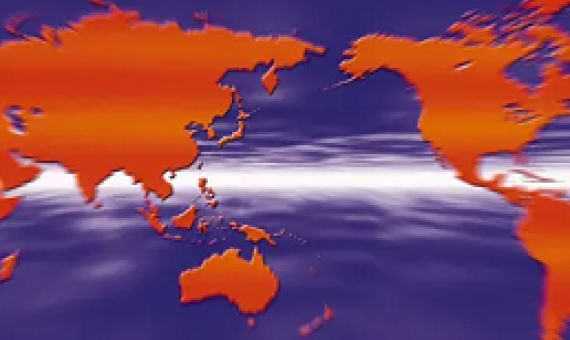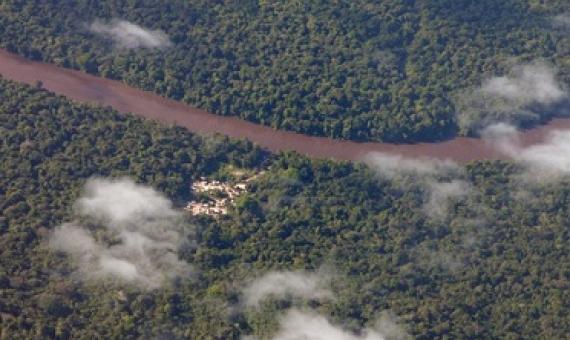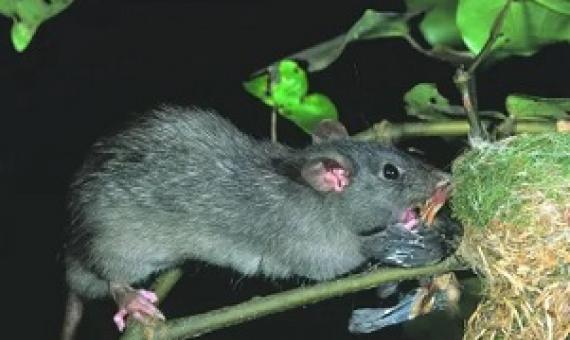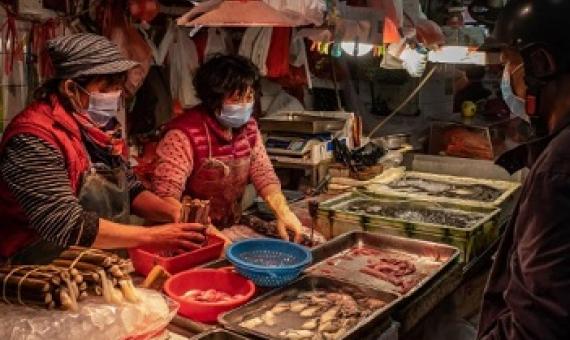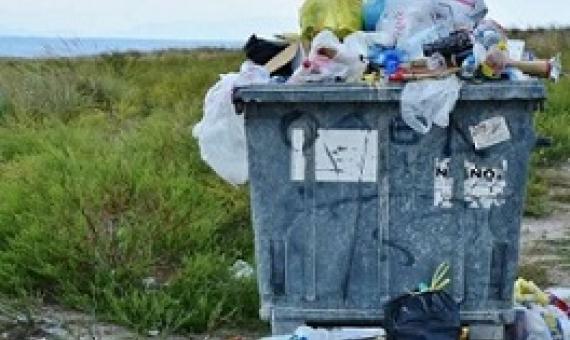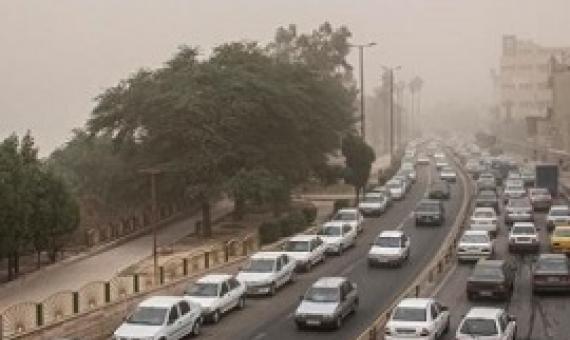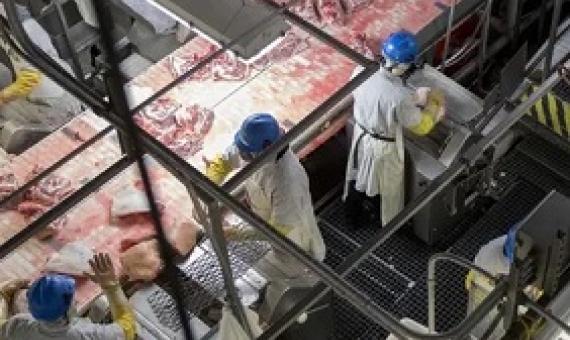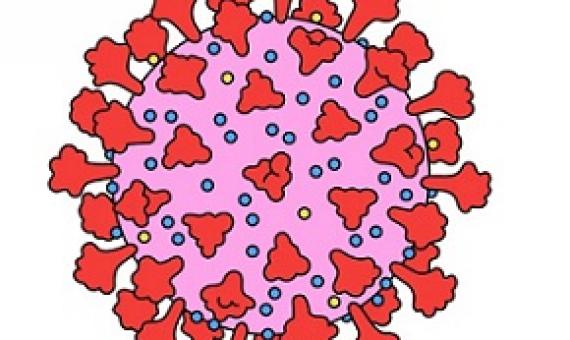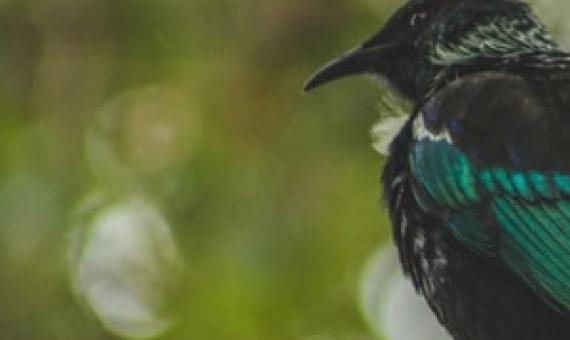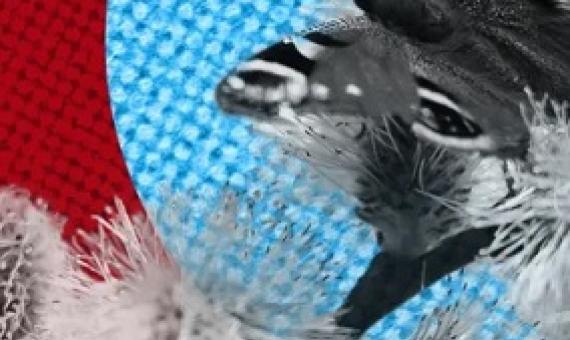Governments should use the urgency of the Covid-19 pandemic to address 10 potentially catastrophic threats to the survival of the human race, according to a report by a collection of prominent Australian researchers and public figures.
While governments the world over are intensifying their fight against the Covid-19 pandemic, an often-neglected, if not repressed, demographic is suddenly entering the limelight: indigenous populations.
With pest controllers in lockdown and a population surge last year, the vermin are free to wreak havoc in populated areas, and on native wildlife...The timing couldn’t be better for New Zealand’s vermin.
Most of the earliest COVID-19 cases trace back to one of these sites, but what are they and what do they sell?...Until earlier this year year, most people had never heard of the term “wet market,” but the coronavirus pandemic has thrust it into the limelight.
The global demand for certain plastics has grown during the coronavirus pandemic while recycling efforts have suffered setbacks, according to an environmental expert at Rice University's Baker Institute for Public Policy.
As the novel coronavirus tears around the world, it’s exploiting our biggest weaknesses, from creaking health care systems to extreme social inequality.
It was bats. Or pangolins. To hear common narratives about the origins of Covid-19, there is a simple causal relationship between China’s consumption of wild animals and the coronavirus ravaging the globe.
For thousands of years, a parasite with no name lived happily among horseshoe bats in southern China. The bats had evolved to the point that they did not notice; they went about their nightly flights unbothered.
New Zealand birds are loving this lockdown, no longer having to compete with cars, buses, trains, planes or people. Kererū have been landing on back fences, pīwakawaka have been seen playing on Lambton Quay, and tūī have definitely been singing loudly at the crack of dawn.
The environmental changes wrought by the coronavirus were first visible from space. Then, as the disease and the lockdown spread, they could be sensed in the sky above our heads, the air in our lungs and even the ground beneath our feet.

